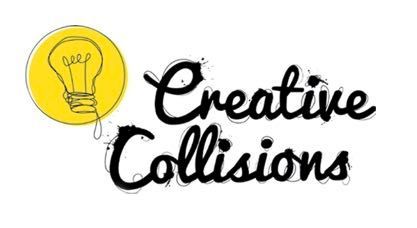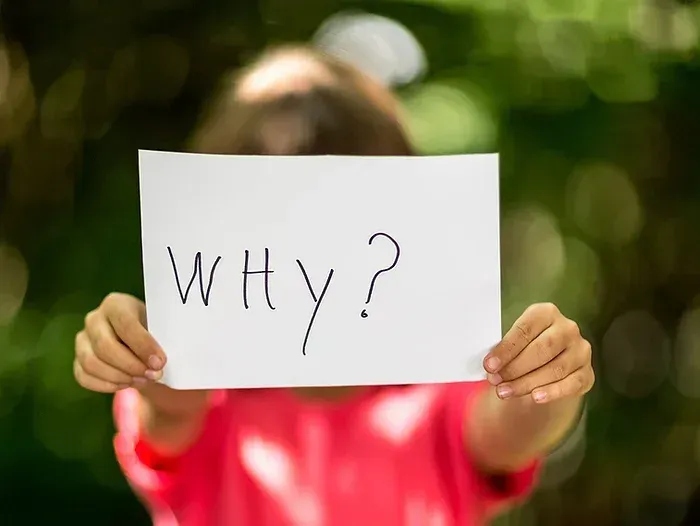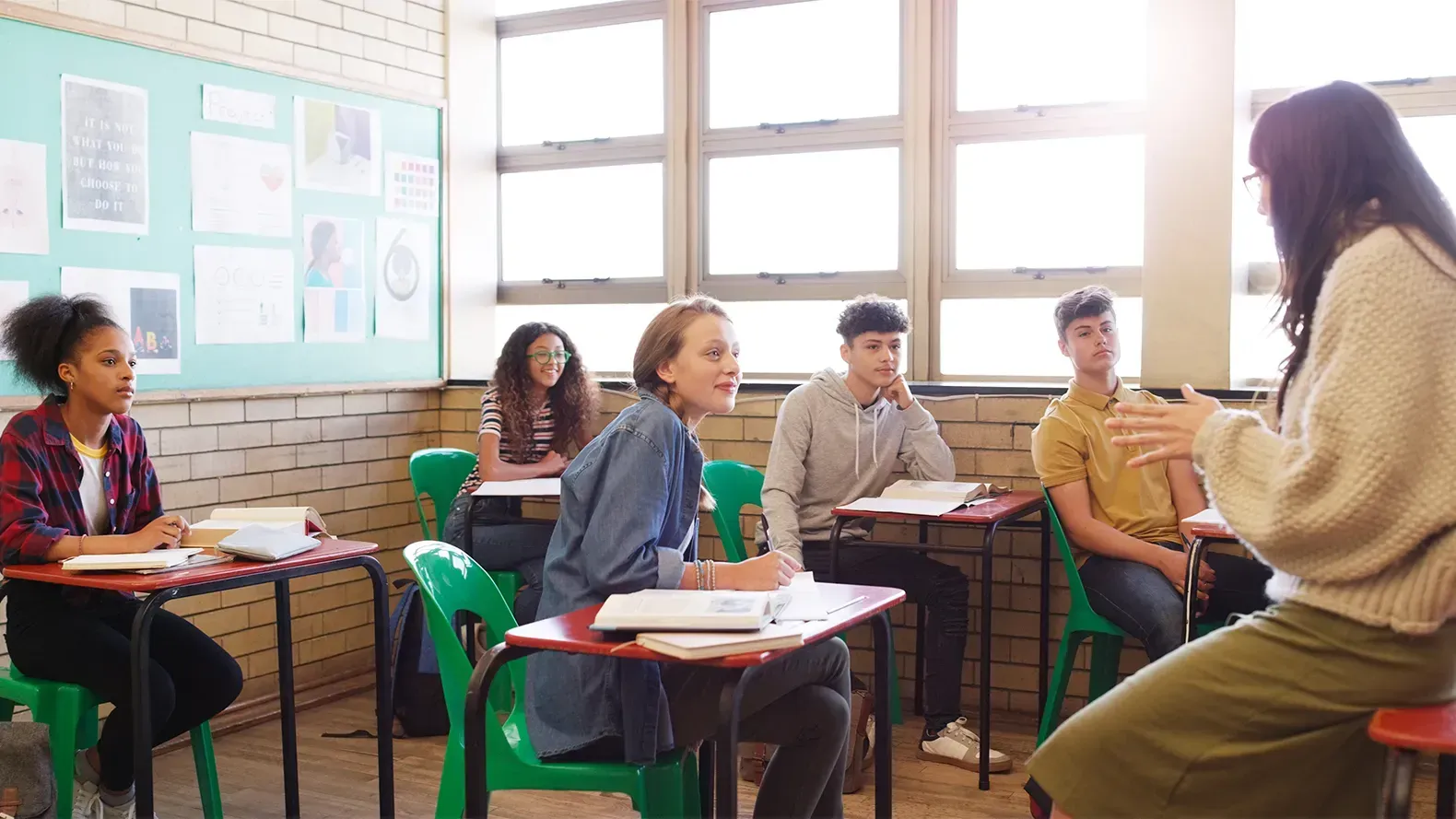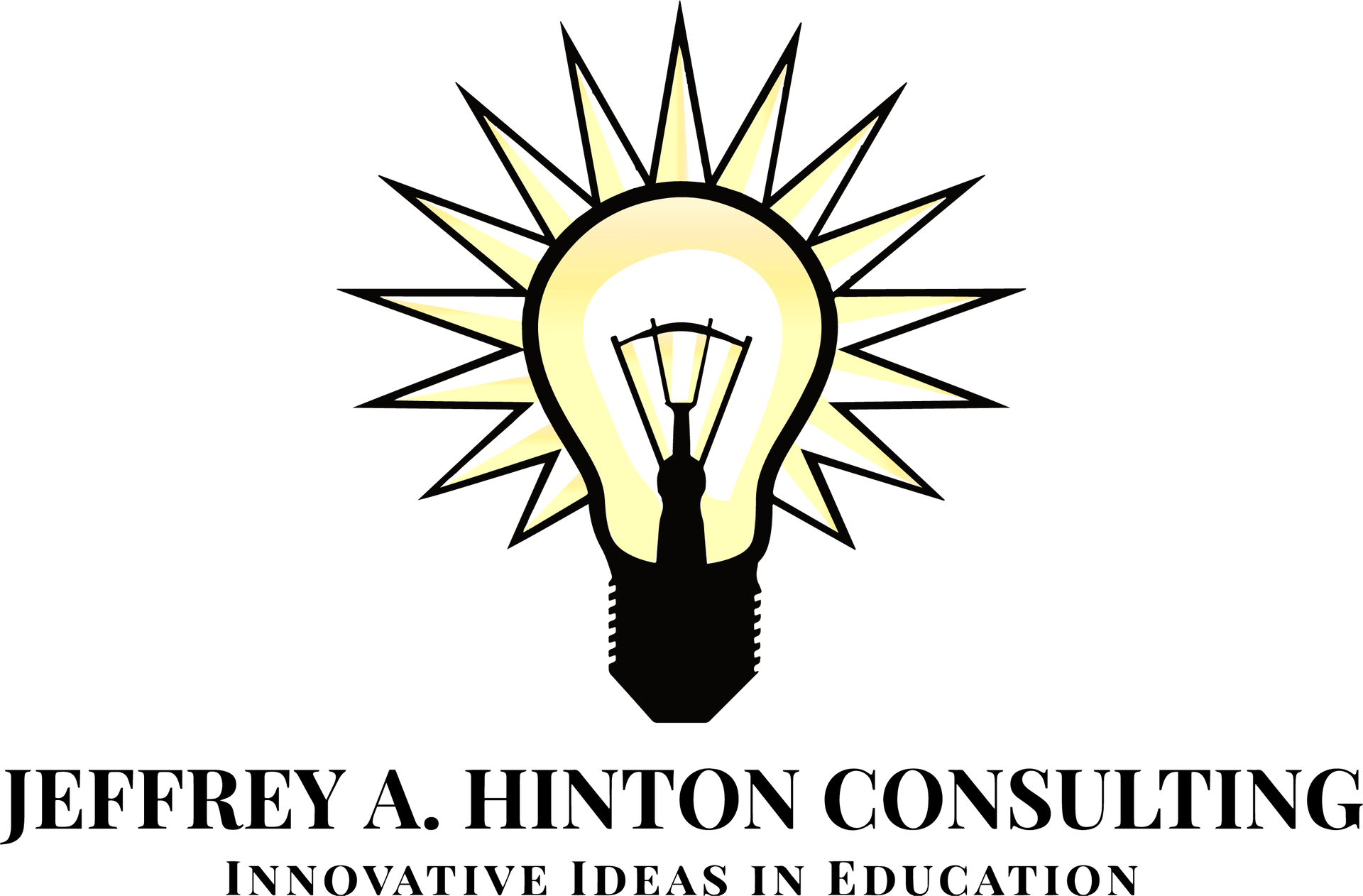Educational Learning Theory for the 21st-Century
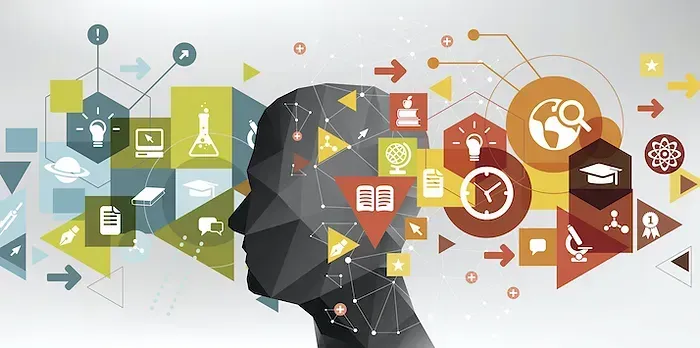
An effective teacher must master the professional skills necessary to deliver a high-quality 21st-century education to their students. In this blog post, I will discuss the importance of understanding behaviorist, cognitive, humanistic and constructivist educational learning theory.
To create effective learners for the 21st-century, educators must take deliberate steps to develop within each student the ability to collaborate, solve unique and challenging problems, foster the spirit of inquiry, develop technological literacy, engage in multidisciplinary learning, and instill within each student educational agency and flexibility by creating learning activates that are meaningful and relevant. Teachers should offer students voice and choice in their learning based upon their unique interests, knowledge, and skills. Students well-versed in these skills and dispositions will meet and overcome the challenges of a future that will look radically different from the present. To teach students how to be effective learners, teachers must understand the learning theory that supports 21st-century approaches. Educational learning theory describes how students receive, process, and retain knowledge during learning. The four major educational learning theories are Behaviorism, Cognitivism, Humanism, and Constructivism.
Behaviorism was developed in the early 20th century and was based primarily on the work of Edward Thorndike and B.F. Skinner. In this theory, learners are mostly passive participants in their learning. They simply respond to outside stimuli provided by the teacher through punishment and rewards, rewarding good behavior while punishing undesirable ones. This approach to learning is also known as operant conditioning, and according to this theory, students are a “tabula rasa” or blank slate. Education happens when the teacher transfers their knowledge to their students through stimulation of the learner. Behaviorist teaching strategies are ubiquitous in classrooms, both past, and present. They can be seen in pedagogies such as drill and practice, question and answer, guided practice, regular review, and positive reinforcement. Behaviorist approaches may be appropriate for learning tasks that require students to memorize and recall subject content and other lower-level cognitive tasks. But are inadequate in engaging students in complex thinking such as synthesis, analysis, and application.
Cognitive Learning Theory, based mainly on the work of Jean Piaget, rejects the notion that students lack agency in their learning and simply react to environmental stimuli such as positive and negative reinforcement. Unlike behavioral learning theory, which focuses on observable behaviors that can be measured, Cognitive Learning Theory seeks to understand the learner’s thought process. In addition, this approach examines external factors that impact learning to include the role of the student’s environment and social context. Teaching approaches include asking students open-ended questions and explaining their thought process and how they came to a certain answer or conclusion. Allowing students to reflect on their mistakes and possible alternatives is another approach that can be used in various learning situations and is particularly effective in honing students’ analytical skills, comprehension, and self-regulation.
Humanistic Learning Theory, developed by Carl Rogers and Abraham Maslow in the early 19th century, posits that teaching and learning should focus on the “whole child.” In other words, teachers need to consider the student’s developmental, emotional, and personal needs in addition to their academic requirements in the learning processes. Further, the aim of Humanistic Learning Theory is to develop the learners’ skills in various areas to include their social, intellectual, and artistic development. Teachers who utilize this approach believe that the end goal of learning is to cultivate students’ self-esteem and to help them achieve their goals by providing them autonomy in the classroom to explore their interests.
Most apropos to a 21st-century education is Constructivist Learning Theory. Constructivism is based on the work of Jean Piaget, Jerome Bruner, Ernst von Glaserfeld, and Lev Vygotsky. It is a learner-centered approach that suggests that students actively “construct” their knowledge. Each individual’s reality is determined by their prior knowledge, beliefs, and experiences. Because learning is based upon personal experiences, each student’s learning is unique to them. In other words, “Constructivist approaches emphasize learner’s actively constructing their own knowledge rather than passively receiving information transmitted to them from teachers and textbooks. From a constructivist perspective, knowledge cannot simply be given to students: Students must construct their own meanings” (Stage, Muller, Kinzie and Simmons, 1998, p. 35). Constructivist learning theory is based upon numerous principles such as students learn by doing. When students have agency in their learning, they build their capacity as learners and improve in their abilities, skills, and expertise. Additionally, constructivists believe that learning is a social activity and is best accomplished when students are engaged in learning activities that involve their peers, families, and communities to solve problems and accomplish learning tasks. Learning is contextual, and teachers must design learning activities that consider students’ prior knowledge, beliefs, and experiences. Finally, constructivists believe that students’ intrinsic motivation is the key to effective learning and student engagement. Students will not learn appropriately if they are not motivated to do so.
Thank you for taking the time to read this blog post, I sincerely appreciate it. If you think this information would be beneficial to another educator, please consider sharing this post. Don't forget to sign up for my email list so that you do not miss future posts and content.






